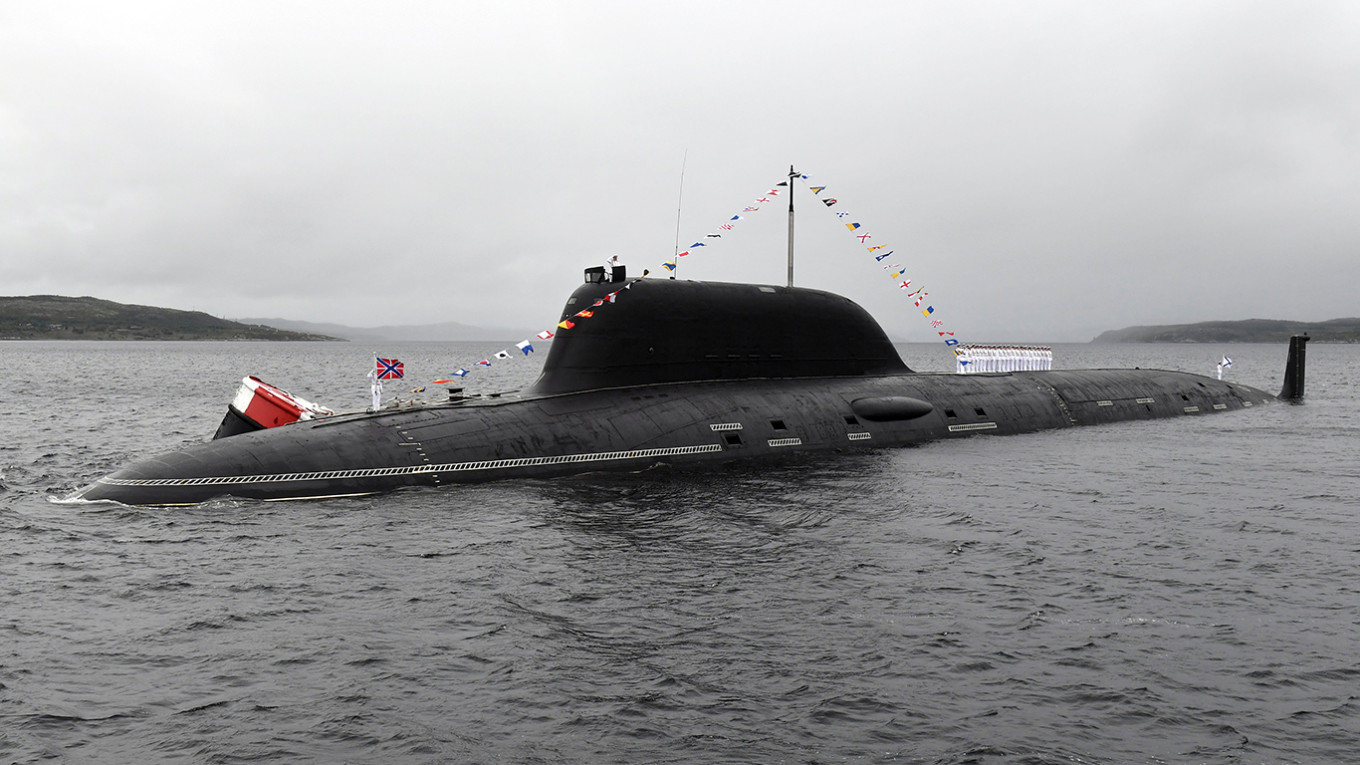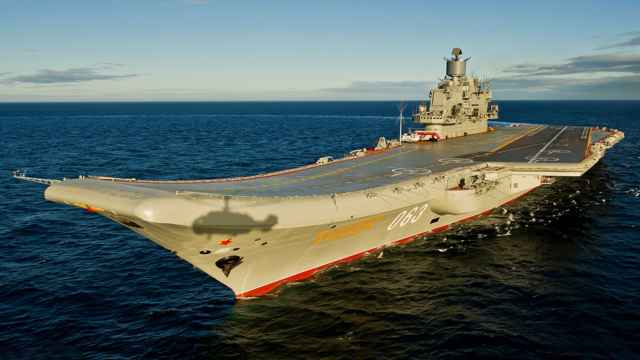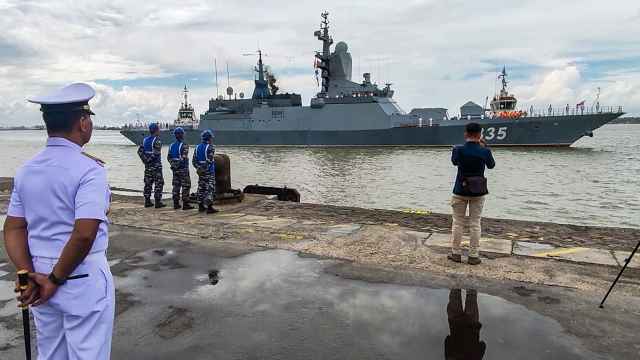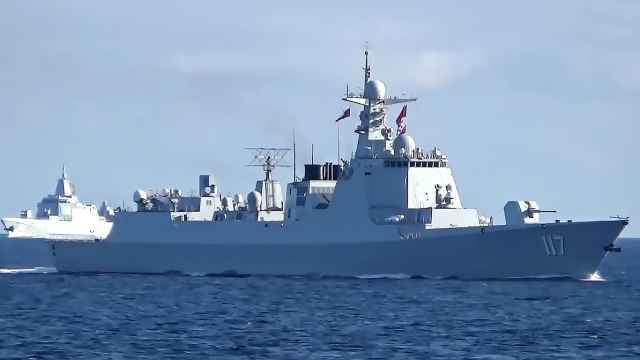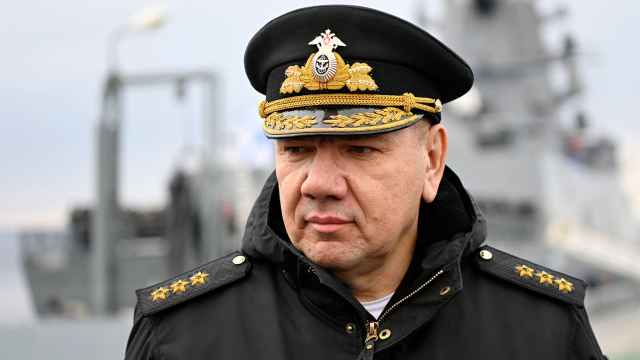Three Russian ships and a nuclear-powered submarine will arrive in Cuba on Wednesday for naval exercises in the Caribbean Sea that will run through Monday.
Despite the capability of two of these craft to carry nuclear-capable long-range missiles, Havana says none of the ships carry nuclear weapons and Washington says the exercises “pose no direct threat to the United States.”
Though the location of these drills might conjure up memories of the 1962 Cuban Missile Crisis for some, experts told The Moscow Times that Russia merely aims to send a warning to the West with the latest exercises without escalating tensions.
Additionally, the exercises are intended to project an image of Russia as a global power with influence far beyond its waters.
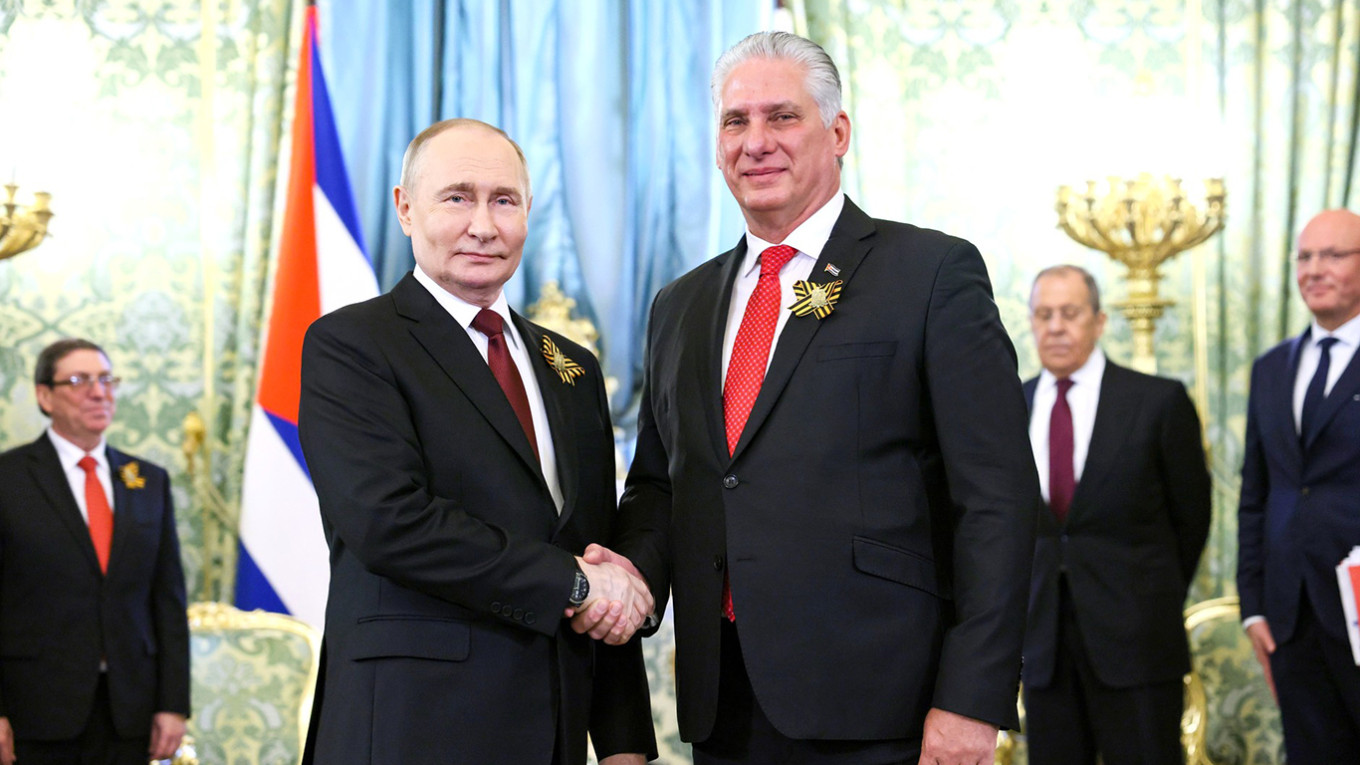
While relations between Havana and Moscow are not as close as during the Cold War, the two countries remain friendly despite recent reports of Cuban nationals being trafficked for Russia's war effort.
They are both strongly critical of the sanctions imposed on each other and the enlargement of NATO. Havana also backed Russia’s right to “self-defense” against NATO following its 2022 full-scale invasion of Ukraine, but stopped short of endorsing the move.
“Cuba is Russia’s most important partner in the Western Hemisphere from a purely geopolitical and geostrategic point of view,” Emanuel Pietrobon, an analyst specializing in Latin America and the post-Soviet space, told The Moscow Times.
The island’s proximity to the U.S. makes it a good location from which Russia can conduct electronic warfare against American targets and gather intelligence by intercepting signals from the U.S. Navy and its command centers, Pietrobon said.
From Cuba’s perspective, Russia is an important partner in ensuring domestic and economic stability in the isolated island nation. In 2014, Moscow wrote off 90% of the country’s $35.2 billion in debt owed to the Soviet Union.
Cuba-hosted Russian naval exercises are nothing new, having been held annually between 2013 and 2020 — meaning Washington considers this week’s port call “routine.”
Despite the full-scale invasion of Ukraine and President Vladimir Putin’s recent threat to supply unspecified countries with weapons capable of striking Kyiv’s Western allies, experts told The Moscow Times that the maneuvers’ significance had not changed.
“The meaning of this naval presence is essentially no different from the past: Russia wants to show that its navy is able to cross the oceans and reach Florida’s coasts,” Pietrobon said.
If the geopolitical context changed anything, it would cause Washington to pay closer attention to the demonstrated capabilities of the naval vessels “beyond the symbolic significance of the drills,” said Vladimir Rouvinski, associate professor of politics at Icesi University.
Both Pietrobon and Roubinski said Russia was also trying to strengthen its relations with Cuba and its neighboring allies in the “far abroad,” including Venezuela.
What Is Russia Sending to Cuba?
The presence of the Kazan nuclear-powered submarine has caught particular attention. While it is not carrying nuclear weapons, it is capable of firing Kalibr cruise missiles, which have a range of up to 2,500 kilometers and can be equipped with nuclear warheads.
Also arriving in Cuba is the Frigate Admiral Gorshkov, which is carrying hypersonic Tsirkon missiles, which the Kremlin says are nuclear-capable. It will be supported by the Akademik Pashin refueling tanker and Nikolay Chiker tugboat.
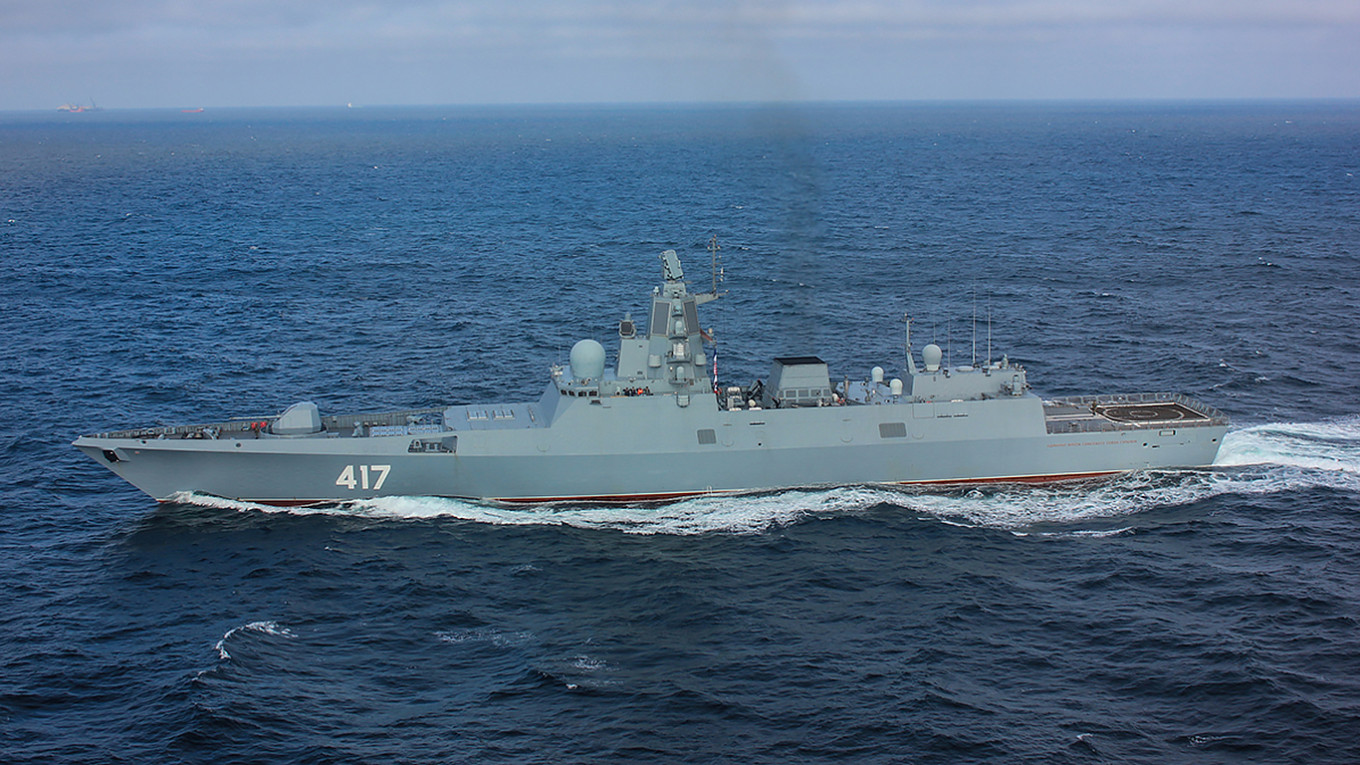
The U.S. will monitor Russia’s activities in the Caribbean Sea. The submarine will be shadowed by two destroyers and two other ships equipped with sonar equipment, while another destroyer and a cutter from the U.S. Coast Guard will follow the remaining ships.
All four vessels are part of Russia’s Northern Fleet, headquartered in the Arctic city of Severomorsk over 8,500 kilometers from Cuba. During their journey across the Atlantic Ocean, the vessels ran simulated exercises in which they practiced hitting targets with long-distance missiles.
Katarzyna Zysk, a professor at the Norwegian Institute for Defense Studies, told The Moscow Times that the decision to send parts of the Northern Fleet was likely a practical one.
“The Northern Fleet is the strongest part of the Russian Navy where some of the most capable warships are deployed,” she said.
She added that recent Russian naval exercises have focused on being able to deploy warships from one remote theater of operations to another as Russia’s naval forces are dispersed between the Arctic, Pacific, Baltic and Black Sea theaters.
Deploying the ships so far from Russia could also serve a domestic propaganda purpose, telling Russians that their country “is a global power, not completely bogged down and consumed by the disastrous war in Ukraine,” Zysk said.
According to the U.S. State Department, this week’s drills are part of a build-up to more Russian air force and naval exercises in the Caribbean over the summer, before a larger global naval exercise in the fall.
A Message from The Moscow Times:
Dear readers,
We are facing unprecedented challenges. Russia's Prosecutor General's Office has designated The Moscow Times as an "undesirable" organization, criminalizing our work and putting our staff at risk of prosecution. This follows our earlier unjust labeling as a "foreign agent."
These actions are direct attempts to silence independent journalism in Russia. The authorities claim our work "discredits the decisions of the Russian leadership." We see things differently: we strive to provide accurate, unbiased reporting on Russia.
We, the journalists of The Moscow Times, refuse to be silenced. But to continue our work, we need your help.
Your support, no matter how small, makes a world of difference. If you can, please support us monthly starting from just $2. It's quick to set up, and every contribution makes a significant impact.
By supporting The Moscow Times, you're defending open, independent journalism in the face of repression. Thank you for standing with us.
Remind me later.



